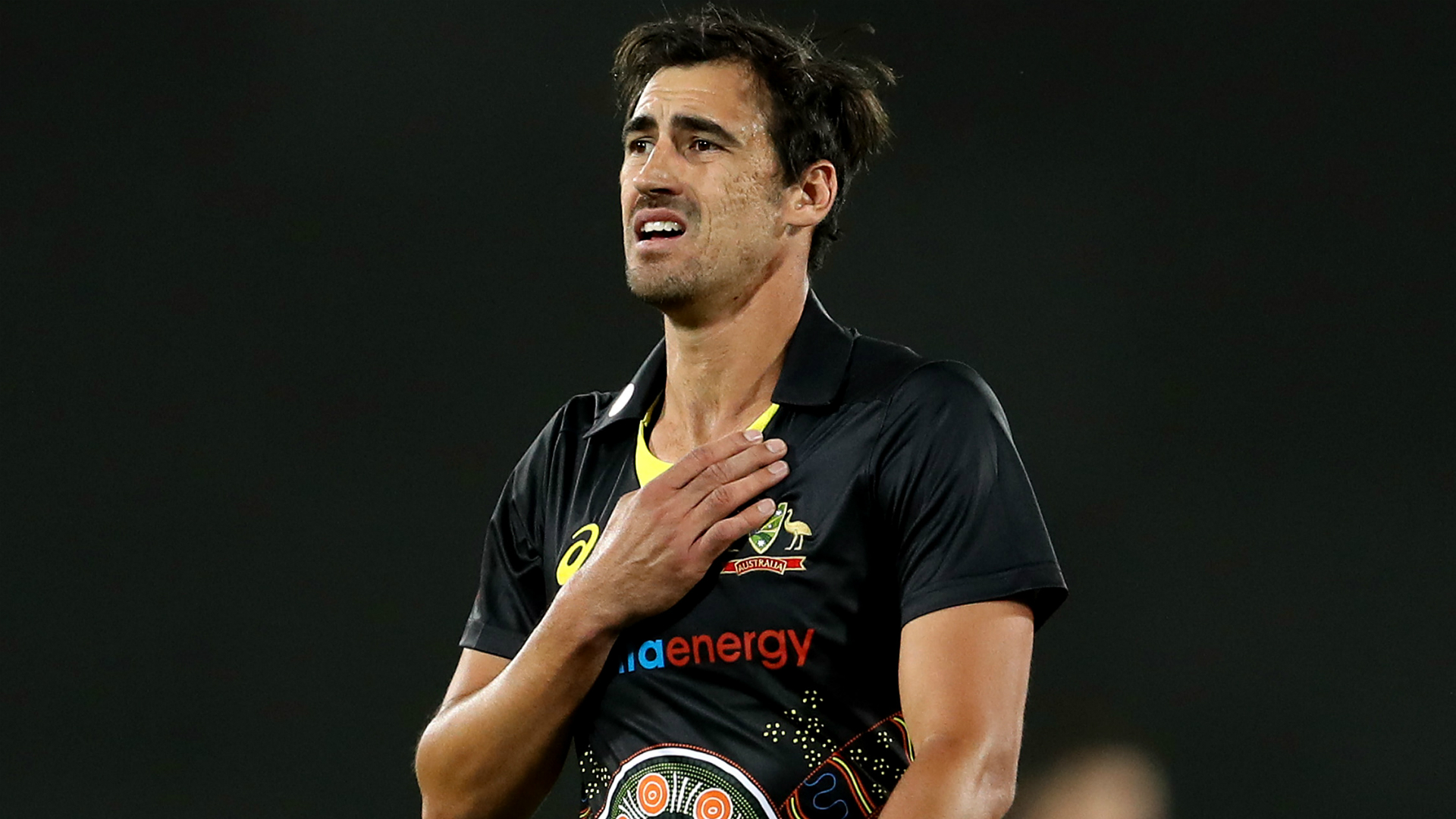

Australia will be aiming to preserve their 100 per cent record against Bangladesh in T20I action when a five-match series begins in Dhaka on Tuesday.
Matthew Wade will captain Australia in place of Aaron Finch, who is to undergo surgery on a knee injury, while Steve Smith, David Warner, Glenn Maxwell and Marcus Stoinis are also not part of the touring squad.
Pat Cummins is another notable absentee, though the visitors still boast a strong bowling attack that is set to be led by Mitchell Starc, who is on the brink of becoming his country's all-time leading wicket-taker in the shortest format.
The left-arm paceman has 48 wickets to his name, putting him in a tie for top spot on Australia's list alongside former team-mate Shane Watson.
Set to keep wicket as well as lead the team, Wade – likely to bat in the middle order, a role he seems likely to fill for the T20 World Cup later this year – understands the issues that come with taking on a dual role.
Matthew Wade to lead Australia in the upcoming #BANvAUS T20Is in place of the injured Aaron Finch. pic.twitter.com/hjaa7jn29Q
— ICC (@ICC) August 2, 2021
"I'm obviously wicketkeeping, so the distance between the bowler and myself is a lot greater and that means there's a lot more responsibility on the individual," he told reporters.
"When you come in and take over from someone it's just about giving the ability for those guys to really take ownership of their game and at the top of the mark, they need to execute."
Bangladesh have some key figures missing too, including injured opening batsman Tamim Iqbal. As for Mushfiqur Rahim and Liton Das, they are not involved having failed to meet requirements for the bio-secure bubble agreed upon by the two respective cricket boards ahead of the series.
Mushfiqur left the recent tour of Zimbabwe early for family reasons amid the COVID-19 health crisis and could not make the July 20 cut-off date.
While they have lost all four previous T20I meetings between the countries, Bangladesh will recognise they are facing vulnerable opponents. Australia have lost each of their previous four series in Twenty20 cricket, a run that started after a 2-1 triumph over South Africa in February 2020.
Bangladesh, meanwhile, have won three of their last four men's T20Is played at the Shere Bangla National Stadium, venue for all five matches.
Marsh makes an all-round impact
Mitchell Marsh excelled on the tour of the West Indies, finishing up as leading run-scorer in the T20 games (219 at an average of 43.80). However, his work with the ball was just as impressive in the Caribbean, claiming eight wickets while going at an economy rate of 6.76 runs per over.
The 29-year-old all-rounder has a bowling average of 10.1 in T20Is since the beginning of 2019, the best by any player from a Test-playing country in that time (minimum 10 overs bowled).
Star Shakib needs to shine
Bangladesh's batting line-up is weakened by the absences of Tamim, Mushfiqur and Das, meaning even greater responsibility could land on the shoulders of Shakib Al Hasan.
The all-rounder is on the cusp of becoming the first player to record 10 scores of 50 or more for Bangladesh in T20I action. His batting average in the format against Australia (35.8) is his second best against any team, only managing better against Pakistan (41.7).
Key series facts
- Australia's 4-0 record against Bangladesh in T20I action is the most number of games they have played against any country without suffering defeat.
- Bangladesh will be aiming to win back-to-back multi-game T20I series for the first time, after defeating Zimbabwe 2-1 in July 2021.
- Australia have won only one of their last T20Is (L5), a four-run victory over West Indies in July 2021.
- Bangladesh have scored 52 per cent of their runs from boundaries in T20Is since the beginning of 2019, the second lowest rate of any Test-playing country in that time (Sri Lanka: 45 per cent).
- Australia have a bowling dot ball percentage of 37 per cent in T20I fixtures since the beginning of 2019, the highest rate of any Test-playing country in that time and two percentage points higher than Bangladesh (35 per cent).